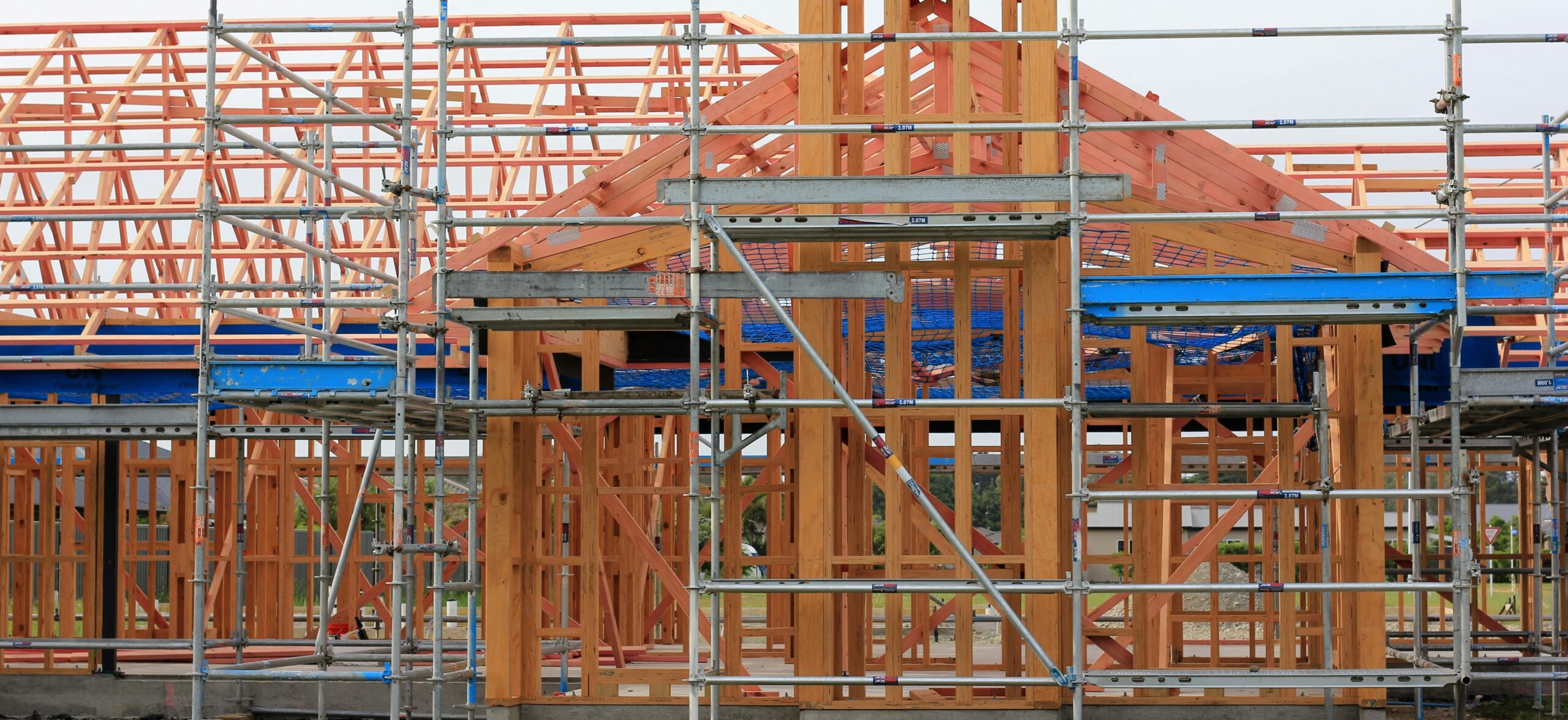The Construction Contracts Act 2002 required strict compliance in order to recover payments under it. In this article, construction law specialist, Karen Shaw provides a summary of the key requirements to ensure that you get these claims right .
Residential Building Work – What Obligations Will My Builder Owe?
A person’s home is their castle, so the saying goes. However, sometimes constructing the castle can be a dauting process. It is important, therefore, to know about the protections that exist for residential consumers. In this article, we summarise some key documents a residential consumer should expect to receive from the builder during the course a building project.

A written building contract
If a builder carries out building work on a residential property at a cost of $30,000 or more (including GST) you should be provided with a written building contract.
That written building contract needs to cover off key aspects including:
- a description of the building work and the materials that will be supplied;
- expected start and end dates;
- the contact price or how that price will be calculated;
- which party will obtain building consents;
- who will be involved in the work;
- the process for payment;
- how any variations will be ordered; and
- how any disputes will be managed.
It is an offence under the Building Act 2004 for a builder not to provide a written building contract where required to. If a builder does not provide a written building contract, then the regulations to the Building Act imply minimum terms.
Prescribed checklists
A builder must provide their clients with a prescribed checklist and disclosure document for any project which has a value of more than $30,000 (including GST) and in any other case where the client requests these. Again, it is an offence under the Building Act not to provide this information.
The prescribed checklist provides key information about building projects including when building work may/may not require a building consent and when building work can only be conducted, or supervised by, a licenced building practitioner. The purpose of the checklist is to walk the client through the key phases of a building project. It also refers the client to other sources of information.
The disclosure statement on the other hand provides a concise statement about the builder including:
- Whether the builder is an individual, partnership, or limited liability company;
- The licensing details of the persons who will be involved in the work;
- What insurance policies are in place; and
- Full details of any warranties or guarantees that will be offered.
It is often important to check the licensing information provided as this will show if there have been any prior disciplinary issues with the builders/persons involved in the works.
Records of Work
Restricted building work can only be conducted, or supervised, by licenced building practitioners.
Where a licensed building practitioner conducts building work, they are required to provide the building owner and the relevant council with a record of work (ROW). The building owner requires the ROW to obtain a code compliance certificate.
Sometimes where a relationship between a builder and a building owner has broken down a builder may withhold the ROW. However, licensed building practitioners cannot do this and if they do, the Licensed Building Practitioners Board can take disciplinary steps.
It is important to note, that it is not just builders that might be involved in restricted building work. Other trades such as plumbers, roofers, plasterers, and the like may also need to provide you with ROWs.
This article is current as at the date of publication and is only intended to provide general comments about the law. Harkness Henry accepts no responsibility for reliance by any person or organisation on the content of the article. Please contact the author of the article if you require specific advice about how the law applies to you.
For further information

